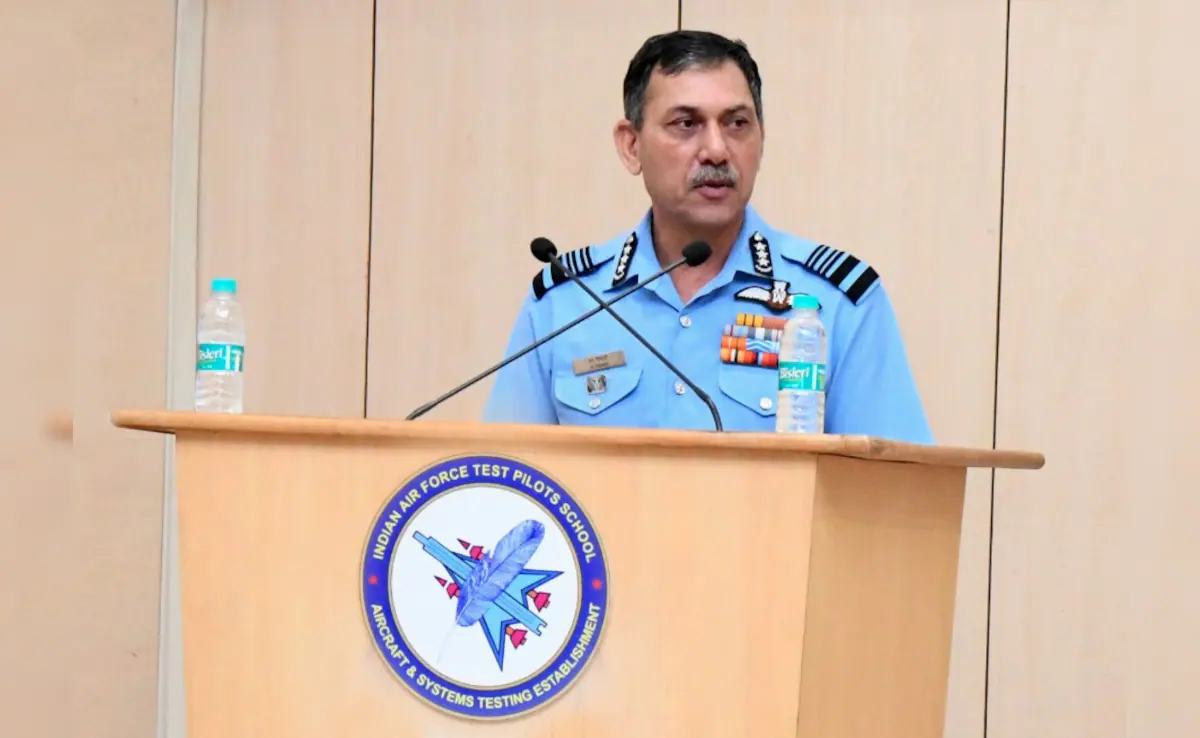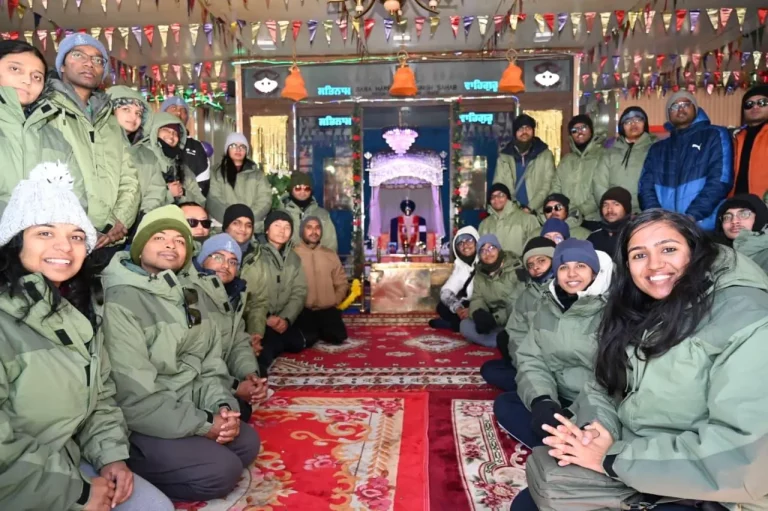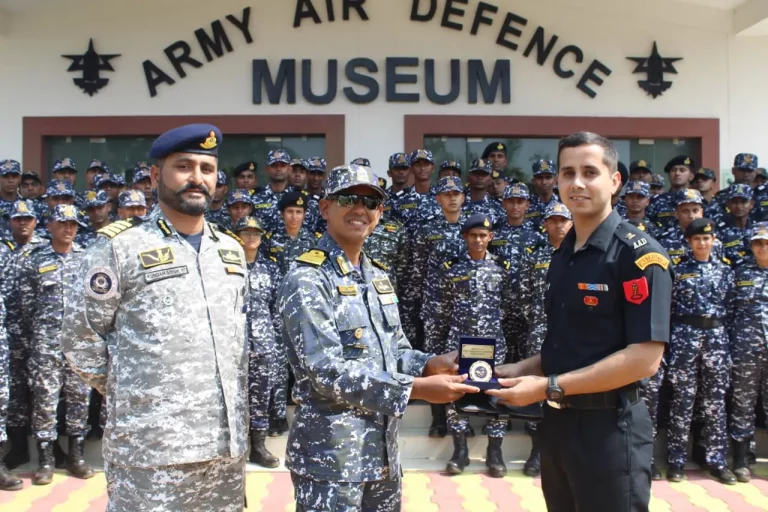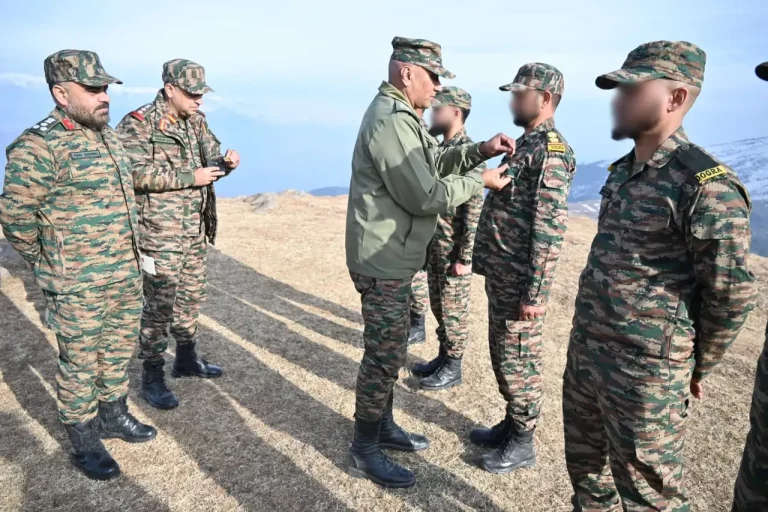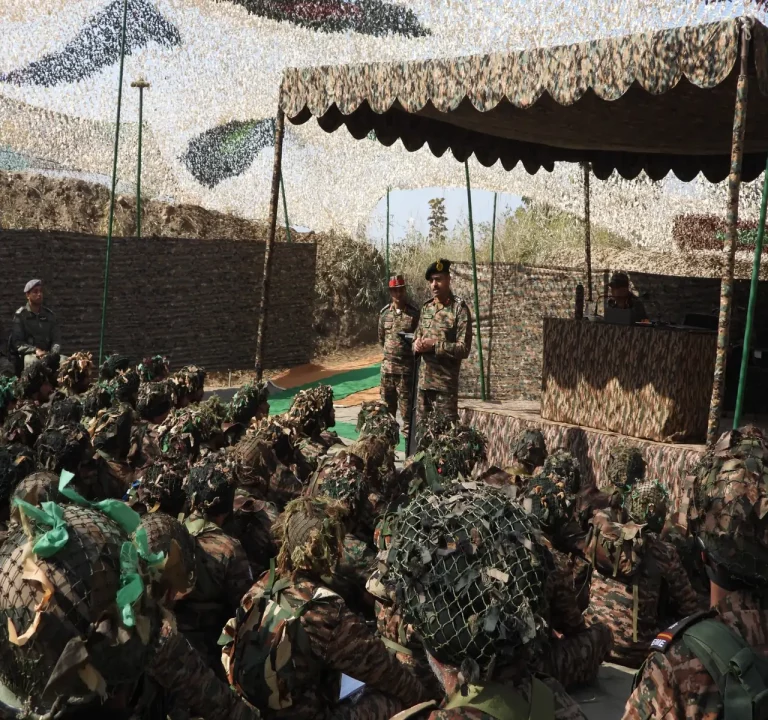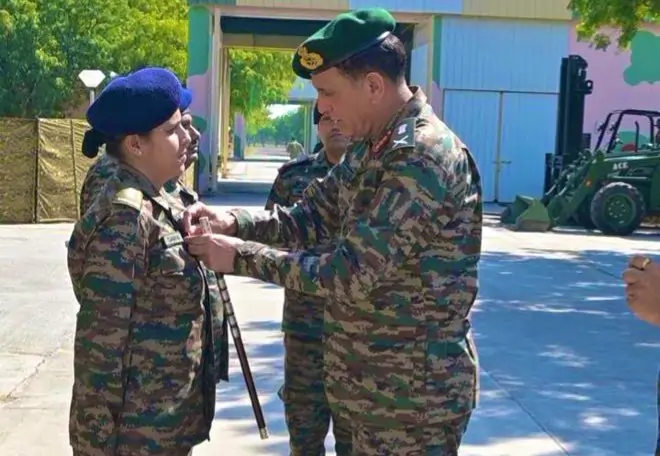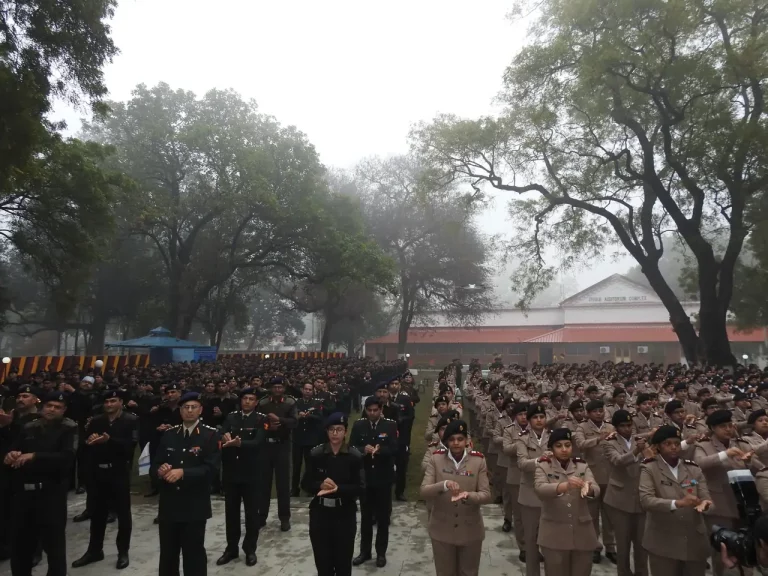The Vice Chief of the Indian Air Force, Air Marshal Narmdeshwar Tewari, recently discussed the strategic implications of air power in contemporary warfare, particularly reflecting on the IAF’s actions during Operation Sindoor. Speaking at a session of the ‘Warfare and Aero Strategy Programme’ held by the Centre for Air Power Studies, Tewari highlighted the operational success derived from deploying fewer than 50 precision weapons in an operation that significantly influenced external negotiations.
Tewari emphasized the effectiveness of a targeted military strategy, citing the strikes on 11 Pakistani air bases on May 10 as a powerful illustration of air power’s decisive role in modern conflicts. “We have discussed the cost-benefit ratio of air power. There is no greater example than Operation Sindoor. Less than 50 weapons brought the adversary to the talking table. This is a case that needs to be studied by scholars,” he remarked, underscoring the operational prowess of the IAF.
The strikes were executed on the fourth day of an armed conflict that commenced on May 7. Utilizing long-range weapons, such as BrahMos missiles, launched from both fighter jets and ground-based platforms, the operation resulted in Pakistan seeking mediation from the United States mere hours after the strikes. Subsequently, Pakistani authorities reached out to Indian officials to propose a ceasefire, illustrating the timely impact of air power on diplomatic dialogues.
In tandem with these insights, Air Marshal Tewari touched on the evolving landscape of air warfare. He underscored the enduring significance of manned fighter jets in coercive diplomacy, asserting that their capacity to project force and influence is currently unparalleled by unmanned aerial vehicles (UAVs). “A manned fighter jet can send the right signal and holds an edge over unmanned platforms, at least for now,” he asserted. However, he also acknowledged the increasing importance of UAVs and armed drones, pointing out their destructive capabilities and role in contemporary military engagements.
The session attracted prominent military leaders, including Chief of Defence Staff General Anil Chauhan, Air Chief Marshal AP Singh, and Army Chief General Upendra Dwivedi, highlighting the relevance of Tewari’s comments amid ongoing discussions on military strategy and capabilities.
